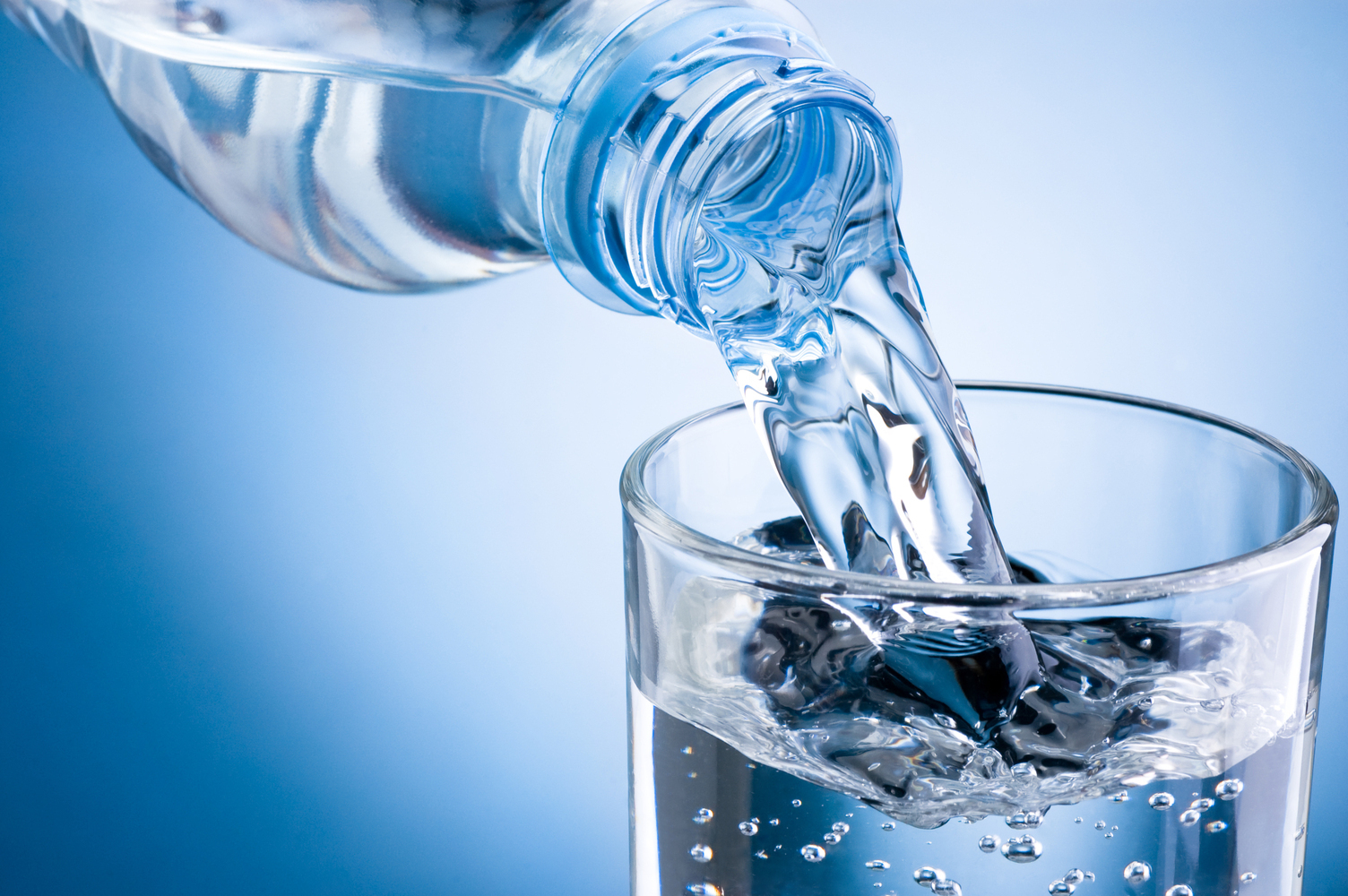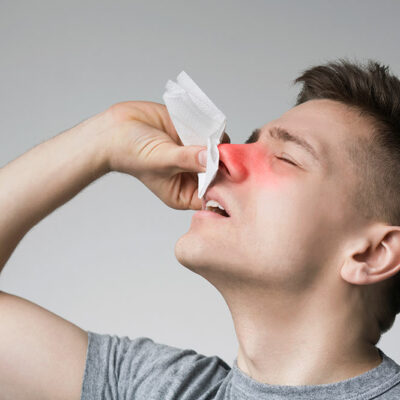
The Truth About Water
It is no secret that water is essential for maintaining good health. There are numerous benefits associated with staying hydrated, including enhanced brain performance, weight management, more energy, and improved detoxification. Patients suffering from illnesses such as diabetes are advised to take water for diabetics to help eliminate excess glucose in their bodies. The water vended in our local stores is created in different ways. Due to this, we have different varieties of water, such as filtered water, flavored sparkling water, distilled water, mineral, and spring water. All these varieties of water are usually sealed in the best water bottles to reduce contamination. Continue reading to learn everything you need about drinking still or sparkling water:
1. Sports drinks shouldn’t take place of water
Sporting drinks are mainly used by athletes or individuals engaging in strenuous activities for more than one hour specifically to help boost endurance and replenish lost electrolytes, fluids, and glucose. Some sports drinks also contain Vitamin B, which creates a stimulating effect for athletes who require an energy boost. Whether to drink water or an energy drink depends on the activity you are engaging in. In most cases, drinking water is all you need when exercising. Sports drinks also contain many calories, which can negatively affect your weight loss goals. Water is a healthier and more affordable choice, especially if you are not engaging in long, intense workouts.
2. Not everyone should drink 8 glasses a day
Typically, most health experts and nutritionists recommend that everyone should consume at least 8 glasses of water each day. However, the amount of water to take may be based on other factors such as overall health, food consumption, exercise, pregnancy, breastfeeding, and environment. Various health organizations recommend different amounts of water to drink in a day. For example, according to the Institute of Medicine, healthy adult women should consume about 11 cups of water daily, while male adults should consume 15. All children between 4 to 8 years should consume 7 cups, while those between the age of 9 to 18 should consume an average of 11 glasses of water daily. If you worry about drinking too much or less water, you should consult your dietitian or health specialist to help you determine the amount of water ideal for you daily.
3. Water-based foods can help you stay hydrated
Besides drinking water, numerous other ways can help you stay dehydrated. Numerous foods and drinks, such as milk and juice, can also help you meet your fluid needs. You can also easily acquire water from fruits and vegetables such as watermelons, oranges, strawberries, and blueberries.
4. Just because you aren’t thirsty, doesn’t mean you’re properly hydrated
Typically, dehydration occurs when our body uses or loses more water than we consume. The most common ways our body loses excess water are extended workouts, hot weather, diarrhea, and vomiting. Water is vital for body cells and organs to perform efficiently, and when we are low on water, our bodies may react negatively. One of the most common body’s natural responses to dehydration is intense thirst. However, in some cases, you can be dehydrated and not thirsty. This can be attributed to your body activity level and your diet. For instance, you may be satisfying your thirst with beverages that contain less water or those that cause dehydration.
5. It’s possible to drink too much water
It is possible to consume too much water, especially if engaging in strenuous activities that quickly dehydrate your body. However, drinking too much water than your body requires causes overhydration. Overhydration might also occur in case your kidney cannot eliminate excess water, causing cells to swell. If you are engaging in strenuous activities, it is essential to find ways to monitor your water intake. You can also talk to your doctor for hydration advice.


